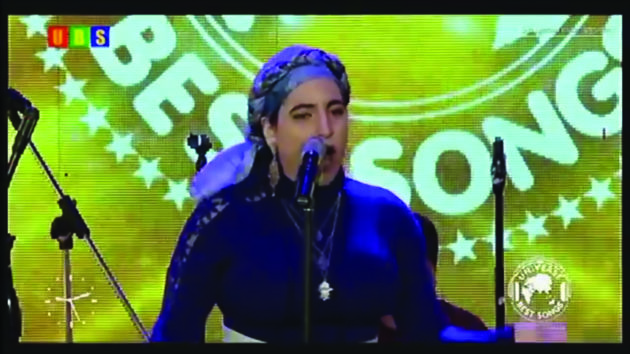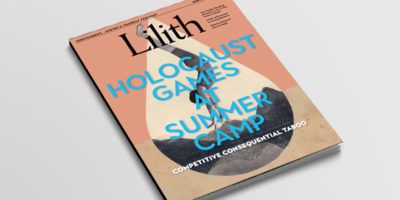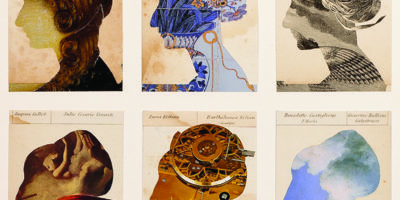Yiddish in Mongolia: A Jewish Tibetan Pop Star

Photo from “Universe by Songs.”
Amalia Rubin has covered a lot of ground. I spoke to her recently via Skype, from my house in New York to her apartment in Mongolia, where she has been living for two years. Rubin is charismatic, and has ample experience to draw from: she has been a Tibetan pop star, sung in Yiddish with a Mongolian band on a Mongolian singing competition, and speaks and writes in fluent Tibetan — all while maintaining her Jewish culture.
“I was raised in a Reform Jewish home of Ashkenazi Jews, in New York state. We weren’t that observant, but Jewish and Yiddish identities were hugely important,” she said.
In a sense, her family did have their own language: music. “My dad is a performer, and when I was a kid and we’d go on trips, Dad would start singing.”
This love of music became an important part of Rubin’s travels. “Every time I go to a new country I try to learn a new song from that country.”
She continued to rely on her father for musical advice, too. Soon after arriving in Mongolia to work on an extension to her master’s thesis, she was encouraged to try out for a show called “Universe by Songs,” which she describes as a “Mongolian American Idol.”
After passing the auditions, she began preparing her performance. Her first song was in Mongolian, the second was in Tibetan, and the third was in Yiddish.
“I actually don’t speak Yiddish,” she said. “I sing in Yiddish. But,” she added, “I want to learn Yiddish because Yiddish is such an integral part of Ashkenazi Jewish culture.”
The idea for the Yiddish performance came to her in a dream. “I emailed my dad at like 2:00am, and wrote, how do you think ‘De Rebbe Elimelech’ would sound with a Mongolian band? And he responded: Yes.”
So she started making calls, amassed a Mongolian band, and performed on television. Unfortunately, Rubin was disqualified because the judges believed she was singing in her native language, which is not allowed on the show. Though she didn’t make it to the finals, her performance became popular with the audience, and she was asked to perform another piece during the finale.
This isn’t the first time her music has garnered international acclaim. Several years earlier, Rubin’s renditions of Tibetan music went viral in Tibet, making her a bona fide “Jewish Tibetan pop star.” She has released three albums which feature both Tibetan songs and Jewish songs.
Her love for Tibetan poetry has inspired her to start writing songs in Tibetan. “I mean, that’s totally normal for a Jewish chick from Upstate New York,” she said.
From “A Jewish New Yorker Becomes a Tibetan Pop Star. Plus… She Sings in Yiddish on Mongolian TV,” on the Lilith Blog.



